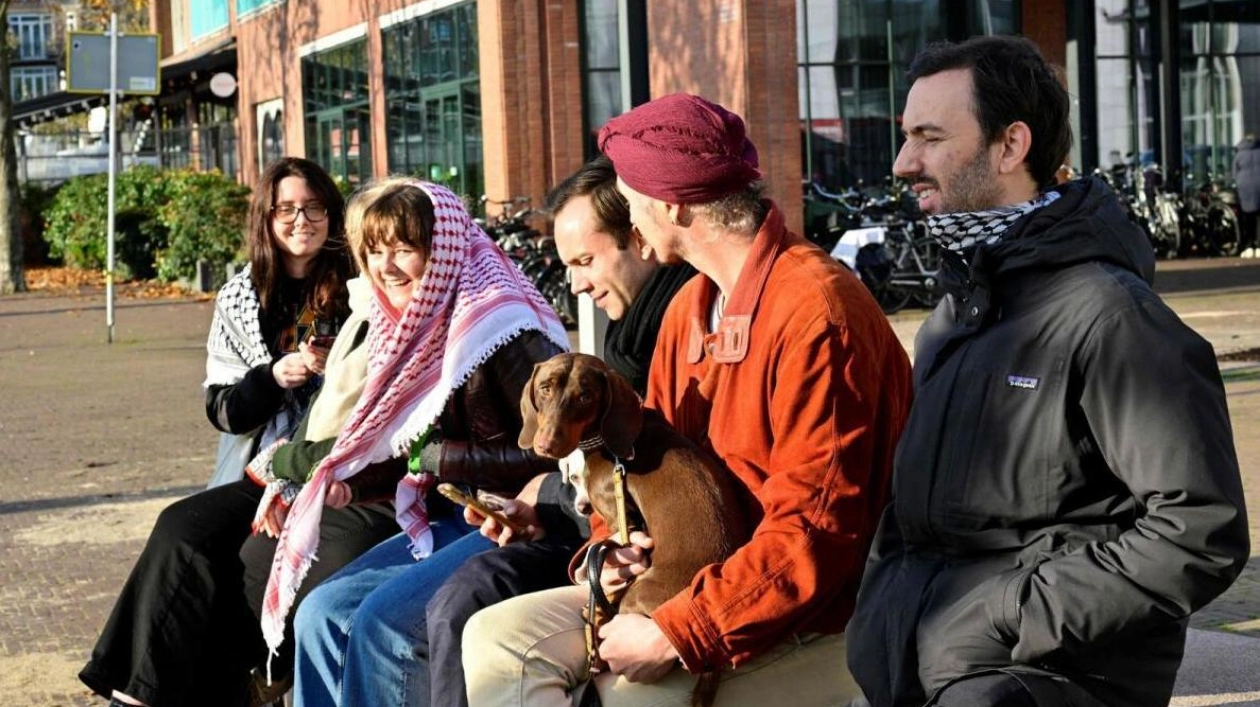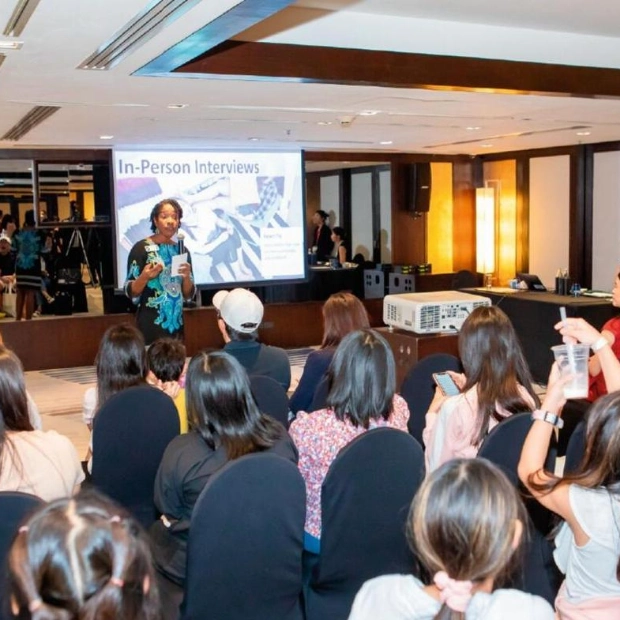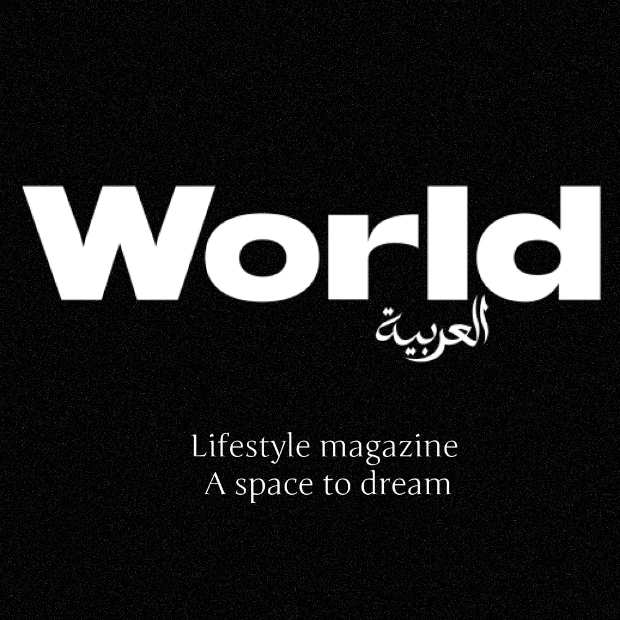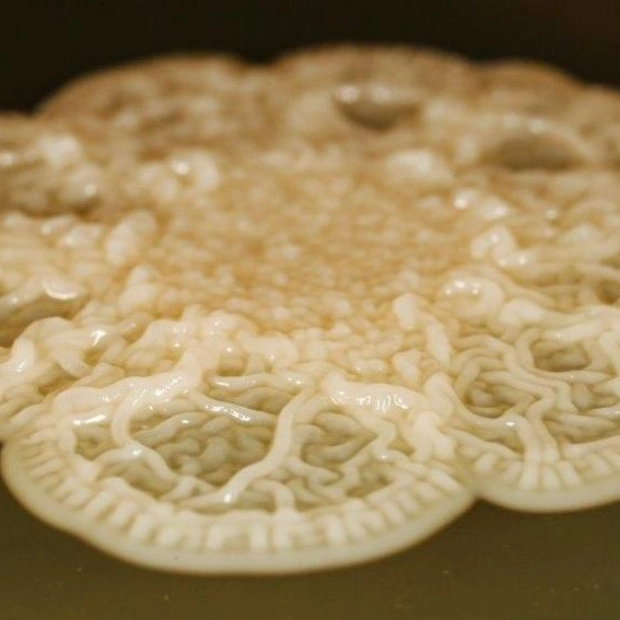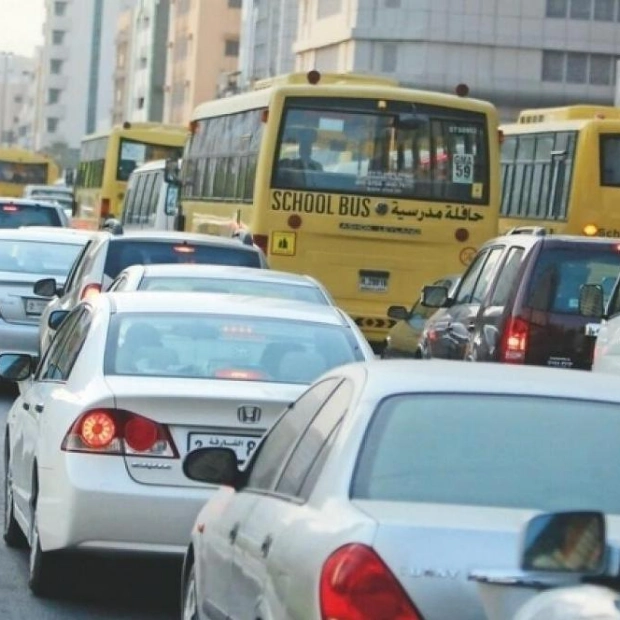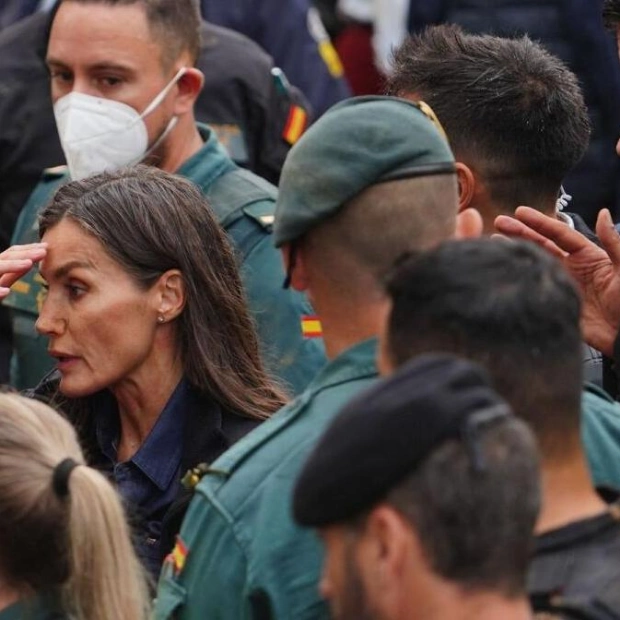Several pro-Palestinian demonstrators assembled as the mayor of Amsterdam participated in an urgent city council meeting, days after the Dutch capital experienced violent clashes between Israeli football supporters and scooter riders in various parts of the city on November 12, 2024. — AFP
Mohamed Errakil, arranging fruit crates at a market on the western outskirts of Amsterdam on Thursday, expressed concern that the Dutch government's discourse a week after the city was rattled by anti-Israeli assaults could foster discrimination. "We're labeled as foreigners, you're Moroccan, you're Turkish. Discrimination is escalating," said Errakil, a 51-year-old of Moroccan descent who identifies as Dutch and has spent most of his life operating a fruit stand in Nieuw West, a neighborhood with a significant Muslim population. In the Dutch parliament the previous day, far-right MP Geert Wilders attributed all the violence surrounding last week's football match between Ajax Amsterdam and Maccabi Tel-Aviv to Muslims, predominantly Moroccans. Wilders, leader of the largest party in the governing coalition, also demanded that the attackers be prosecuted for terrorism, stripped of their passports, and deported. The fruit vendor asserted that those who attacked the Maccabi Tel Aviv fans should face severe consequences, yet he also noted that "every Muslim is perceived as a foreigner, a terrorist, but that's not the case." Like other locals AFP interviewed at the market in Plein '40-'45 square, the site of isolated rioting on Monday night, Errakil urged the government and media to consider "both sides" of the issue. Last week, Amsterdam's mayor described the events as a "toxic mix of antisemitism and hooliganism," resulting in five Israeli football fans being briefly hospitalized after being targeted in "hit-and-run" attacks by scooter riders. Prior to the football match, Maccabi fans had chanted anti-Arab slogans around Amsterdam, vandalized a taxi, and burned a Palestinian flag in the city's main square. Eight arrests have been made so far in connection with the attacks on Israeli fans, with police promising a comprehensive investigation. While opposition politicians have called for unity and criticized Wilders for "fanning the flames," Prime Minister Dick Schoof also highlighted the attackers' "immigration background." Condemning the violence as "Jews being hunted down," Schoof acknowledged the Netherlands' "integration problem." Holding a steaming cup of tea, clothes vendor Abdeslam stated there was "absolutely no hatred of Jews." Instead, he expressed opposition to Zionism and concern about right-wing populism. Abdeslam, who provided only his first name and declined to be filmed, fearing far-right retaliation, found it "regrettable that people are still discussing integration." The 42-year-old, whose stand also sells keffiyehs, the scarves symbolizing support for the Palestinian cause, noted, "If we were in the 1980s or 1990s, I could understand, but now we're talking about youth of third, fourth, maybe fifth generation. There's absolutely no integration problem." Earlier this week, Schoof met with Jewish community leaders and is expected to announce a series of measures on Friday to combat antisemitism, including tougher sentences for offenders. Renowned for its tolerance and multiculturalism, Amsterdam has grappled with the polarization seen across Europe since the start of the Israel-Hamas war in Gaza last year. Tensions remain elevated following the recent violence, with an increased police presence after hundreds of pro-Palestinian protesters were arrested for twice defying a ban on demonstrations in the past week. Rita Silva, a 24-year-old art school student in Amsterdam who lives in the neighborhood, visited Abdeslam's stall to purchase a keffiyeh. Having participated in pro-Palestinian protests since the Israel-Hamas war began, Silva noted the escalating "police violence" against protesters, who also condemned the treatment of Muslims by Maccabi fans and politicians. Pete, 66, who used a pseudonym and has worked at the market for 15 years, observed that members of the local Muslim community were "very, very anxious now." "They are sad, they are disappointed. The government doesn't view them as genuine Dutch citizens, but as second-class people."
Source link: https://www.khaleejtimes.com
